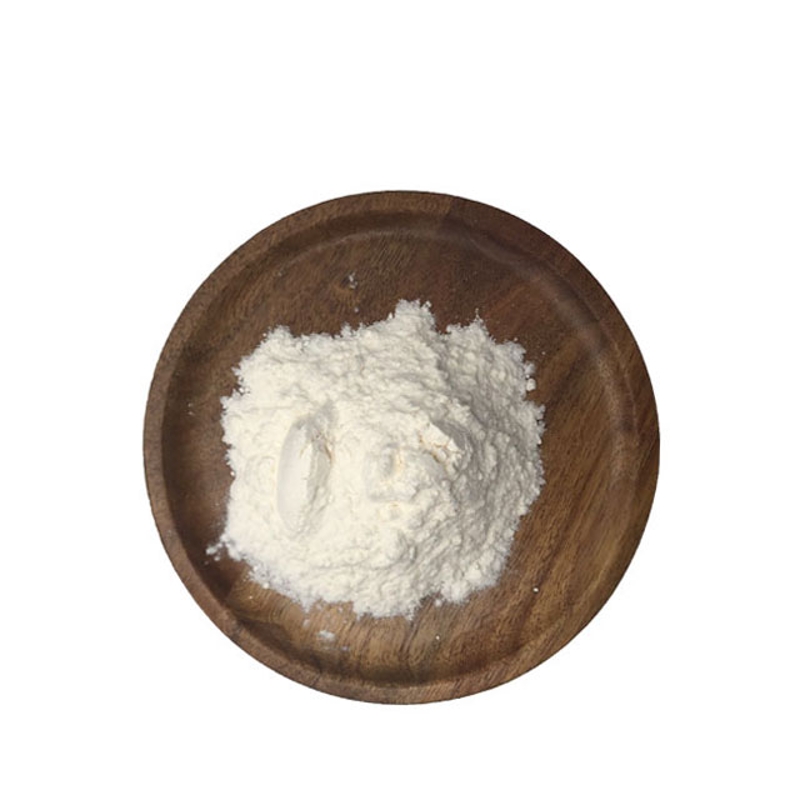-
Categories
-
Pharmaceutical Intermediates
-
Active Pharmaceutical Ingredients
-
Food Additives
- Industrial Coatings
- Agrochemicals
- Dyes and Pigments
- Surfactant
- Flavors and Fragrances
- Chemical Reagents
- Catalyst and Auxiliary
- Natural Products
- Inorganic Chemistry
-
Organic Chemistry
-
Biochemical Engineering
- Analytical Chemistry
- Cosmetic Ingredient
-
Pharmaceutical Intermediates
Promotion
ECHEMI Mall
Wholesale
Weekly Price
Exhibition
News
-
Trade Service
Immunotherapy is the latest treatment for stomach cancer, however, patients' responses to treatment are often unpredictable and require tailor-made treatments and drug prescriptions, researchers at the Moscow Institute of Physical Technology (MIPT) have developed for the first time a personalized gastric cancer treatment based on tumor cell RNA sequencing, bringing new ideas to the treatment of stomach cancerthe study was led by Maxim Sorokin, a senior researcher at the Transformed GenomicBioina Laboratory at the Moscow Institute of Physics and Technology, and published in Cold Spring Harbor Molecular Case Study with the support of the Russian Science FoundationTitled "RNA dating dadit and diagnostic signatures linked to ramuirumab in gastric cancer"the highest mortality rate of all cancers in all cancersBecause of the low rate of early diagnosis, most patients are diagnosed with advanced stagesIn HER2-positive cases, first-line treatment standards include fluorium and platinum compounds in conjunction with queratomaFor recurrent gastric cancer, there are several alternatives, including remiku seone, a monoclonal therapeutic antibody that inhibits VEGF-mediated tumor angiogenesis by binding to VEGFR2, individually or in combination with other cancer drugsHowever, the total response rate of remicual sebutaor or its mixtures accounted for 30 to 80% of the total number of patients, indicating that the treatment of gastric cancer requires personalized medication sourcing to improve treatment outcomesMIPT bioinformatics scientists studied the sequencing of primitive tumor RNA in 15 patients with advanced gastric cancer and the clinical response to remikumavirus or its mixtureThe results showed that three genes showed varying degrees of expression in tumors: CHRM3, LRFN1 and TEX15Among them, the expression of CHRM3 was raised in responseUsing the bio-information platform Oncobox, the researchers simulated the efficiency of Remiku savirus and compared the output model results with actual tumor response dataIt was found that the predicted clinical results were consistent with the actual clinical results (AUC .7)These results suggest that RNA sequencing can be used to screen personalized prescriptions for remiku supretamina for the treatment of stomach cancer, and reveal the potential molecular mechanisms of remiku supradrug resistancetreatreous tumors in the stomach with therapeutic antibodies that block cell surface receptors that receive growth-promoting signals Without them, cell division stops and the size of the tumor does not increase In cancer treatment, it is particularly important to prevent the growth of blood vessels, which provide nutrients and oxygen to tumors Remikumain is a therapeutic antibody used to disrupt the growth of blood vessels in tumor tissue But the efficacy of the drug varies from person to person previously, MIPT bioinformatics and medical research centers and industry experts suggested that patient data on cancer gene expression levels could be used to evaluate the efficacy of remikuma in different situations "This study is actually the first case to successfully prescribe a prescription for a patient with stomach cancer, not random, but information based on molecular marker analysis based on RNA sequencing," said Maxim Sorokin, lead author of the study, a senior fellow at the MIPT Transformed GenomicBioinformatics Laboratory and head of the Oncobox Bioinformatics Division "
combined with information technology, modern molecular biology methods enable researchers to collect qualitative data on each gene expression in a cell By analyzing these data, we can find the key to diagnosing tumor diseases and predicting their therapeutic effectiveness







